Windows are an important part of any home, letting in light and fresh air while also adding style. There are many types of windows, each with its own design and purpose. Different types of windows are used in homes, offices, and other spaces based on their design and function. like awing window, bay window, bow, window, casement window, double hung window, single hung window. Learning the Types of Windows names in English is essential for English learners and students. All are given below, Let’s learn…
Types of Windows names in English
- Awning Window
- Bay Window
- Bow Window
- Casement Window
- Double-Hung Window
- Single-Hung Window
- Slider Window
- Picture Window
- Garden Window
- Hopper Window
- Transom Window
- Skylight Window
Types of Windows Names and Pictures
- Awning Window:
Hinged at the top and opens outward, providing ventilation while keeping out rain, ideal for humid climates and often placed above or below other windows.

- Bay Window:
Extends outward from an exterior wall, creating a small nook inside, and allows natural light from multiple angles, making rooms feel more spacious.

- Bow Window:
With several window panels that protrude outward and are curved, they provide a broad view of the outside and give rooms a charming, rounded appearance.

- Casement Window:
Often seen in bathrooms or kitchens, this side-hinged door opens outward like a door to provide complete ventilation and an energy-efficient tight seal.

- Double-Hung Window:
Features two sashes that slide up and down, offering flexible ventilation from both the top and bottom, popular for traditional homes.

- Single-Hung Window:
Like double-hung, but with a simpler and less expensive design, only the bottom sash moves to provide ventilation.

- Slider Window:
Opens horizontally along a track with one or two moving panels, making it ideal for wide spaces and offering a contemporary look.

- Picture Window:
Ideal for living rooms or picturesque settings, this large fixed window doesn’t open and is framed to maximize sunshine and accentuate external views.

- Garden Window:
Projects outward with a glass top and sides, creating a mini greenhouse for plants and herbs, commonly installed in kitchens.

- Hopper Window:
Hinged at the bottom and opens inward, often used in basements for ventilation and compact spaces that require air flow.

- Transom Window:
a smaller, fixed or movable window that is positioned above a bigger window or entrance to provide entryways more aesthetic appeal and occasionally ventilation.

- Skylight Window:
Set into the roof to bring in natural overhead light, ideal for spaces that lack windows or to add sunlight to dark rooms, often in bathrooms or attics.

list of Windows Names in English
- Arched Window
- Jalousie Window
- Storm Window
- Tilt and Turn Window
- Fixed Window
- Round Window
- Oriel Window
- Clerestory Window
- Egress Window
- Block Window
- French Window
- Sash Window
Types of Windows with their Pictures
- Arched Window:
Features a rounded, graceful top, often fixed, adding a touch of elegance to entryways and providing extra light with a classic style, commonly seen in traditional architecture.

- Jalousie Window:
Made of horizontal glass slats that open and close simultaneously, allowing adjustable airflow while maintaining privacy, ideal for warmer climates and porches.

- Storm Window:
An additional window installed on the outside or inside of a primary window to offer extra insulation and protect against harsh weather, commonly used in colder areas.

- Tilt and Turn Window:
Popular in contemporary European houses, this versatile design offers convenience and security by opening fully like a door or tilting inward at the top for ventilation.

- Fixed Window:
Stationary and does not open, used to frame outdoor views or bring in light, especially in areas where ventilation isn’t needed, like high walls or large, open rooms.

- Round Window:
Circular shape, often fixed, adding a decorative, nautical feel to homes, usually placed in bathrooms, stairwells, or attics to provide unique visual interest.

- Oriel Window:
Projects outward from an upper floor and is often supported by brackets, enhancing natural light and creating a small shelf or nook inside, commonly used in historical designs.

- Clerestory Window:
Placed high on a wall, bringing in natural light without compromising privacy, often used in rooms with high ceilings to brighten interiors, particularly in modern and commercial buildings.

- Egress Window:
Large enough for emergency escape, usually installed in basements or bedrooms to provide a safe exit route and required by building codes for safety.

- Block Window:
Often used in bathrooms or basements for privacy and security while letting in natural light, these blocks of glass let light in but block out views.

- French Window:
Double-paneled with glass that extends to the floor, typically opening outward like doors, enhancing access to patios or balconies while providing ample sunlight.

- Sash Window:
Consists of one or more movable panels, or “sashes,” that open by sliding vertically, commonly seen in traditional homes, allowing versatile airflow control.

Different Types of Windows Names
- Palladian Window
- Cottage Window
- Tilt Window
- Louvered Window
- Folding Window
- Bay and Bow Combination Window
- Corner Window
- Ribbon Window
- Pivot Window
- Bubble Window
- Oval Window
- Trapdoor Window
- Venetian Window
- Balcony Window
- Dormer Window
- Hexagon Window
- Triangle Window
Types of Windows with their Pictures
- Palladian Window:
A large central arch flanked by two smaller rectangular windows, often found in classic architecture, adding elegance and framing scenic outdoor views beautifully.

- Cottage Window:
gives homes a warm, historic appearance by having a fixed upper pane and an opening lower sash that lets in light and air.

- Tilt Window:
Opens by tilting inward from the top, making it easy to clean from inside and allowing ventilation without fully opening, ideal for modern interiors with limited space.

- Louvered Window:
Consists of horizontal slats that can be adjusted for light and air control, commonly used in warm climates, providing both privacy and airflow.

- Folding Window:
Its numerous foldable panels provide expansive, open regions that are perfect for tying together outdoor and indoor spaces, such as patios or balconies.

- Corner Window:
Placed at the corner of a building, giving a wraparound view and creating a unique architectural focal point, often used to capture panoramic outdoor scenes.

- Ribbon Window:
A horizontal row of windows set close together, commonly used in modern design to create continuous bands of light across walls.

- Pivot Window:
Rotates around a central axis, providing ventilation and easy cleaning access, suitable for contemporary buildings where style and function meet.

- Bubble Window:
Dome-like and projecting outward, often used in children’s rooms or aquariums for a playful look, giving a three-dimensional view and adding a unique architectural touch.

- Oval Window:
Usually fixed and rounded with an oval form, they offer elegance to stairwells or entryways while letting light in and producing a beautiful effect.

- Trapdoor Window:
Opens upward or downward, used in spaces needing light and airflow but minimal exposure, suitable for skylights or upper wall placements.

- Triangle Window:
Triangular shape, often placed in gable walls or high ceilings, bringing in light and adding a distinctive architectural detail to contemporary spaces.

Learn Also:

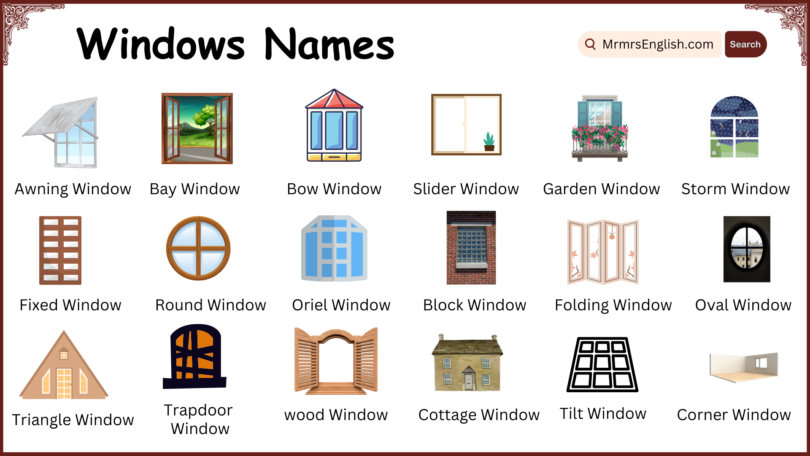













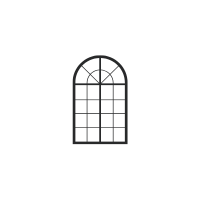
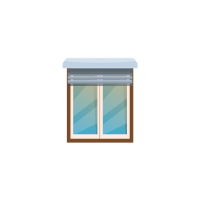

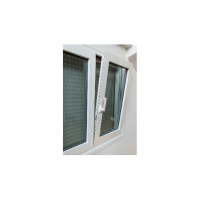
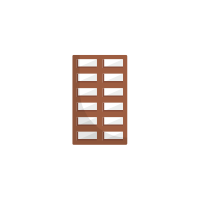









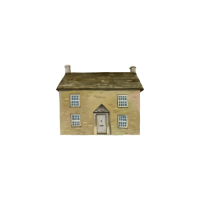






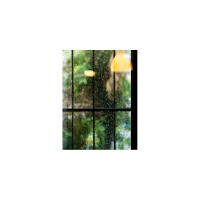
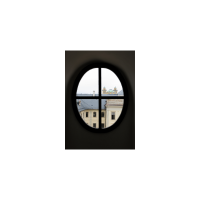



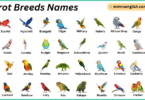
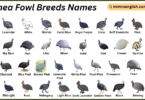
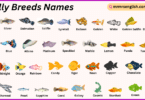
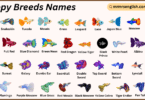

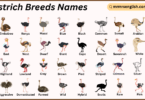
Leave a Comment